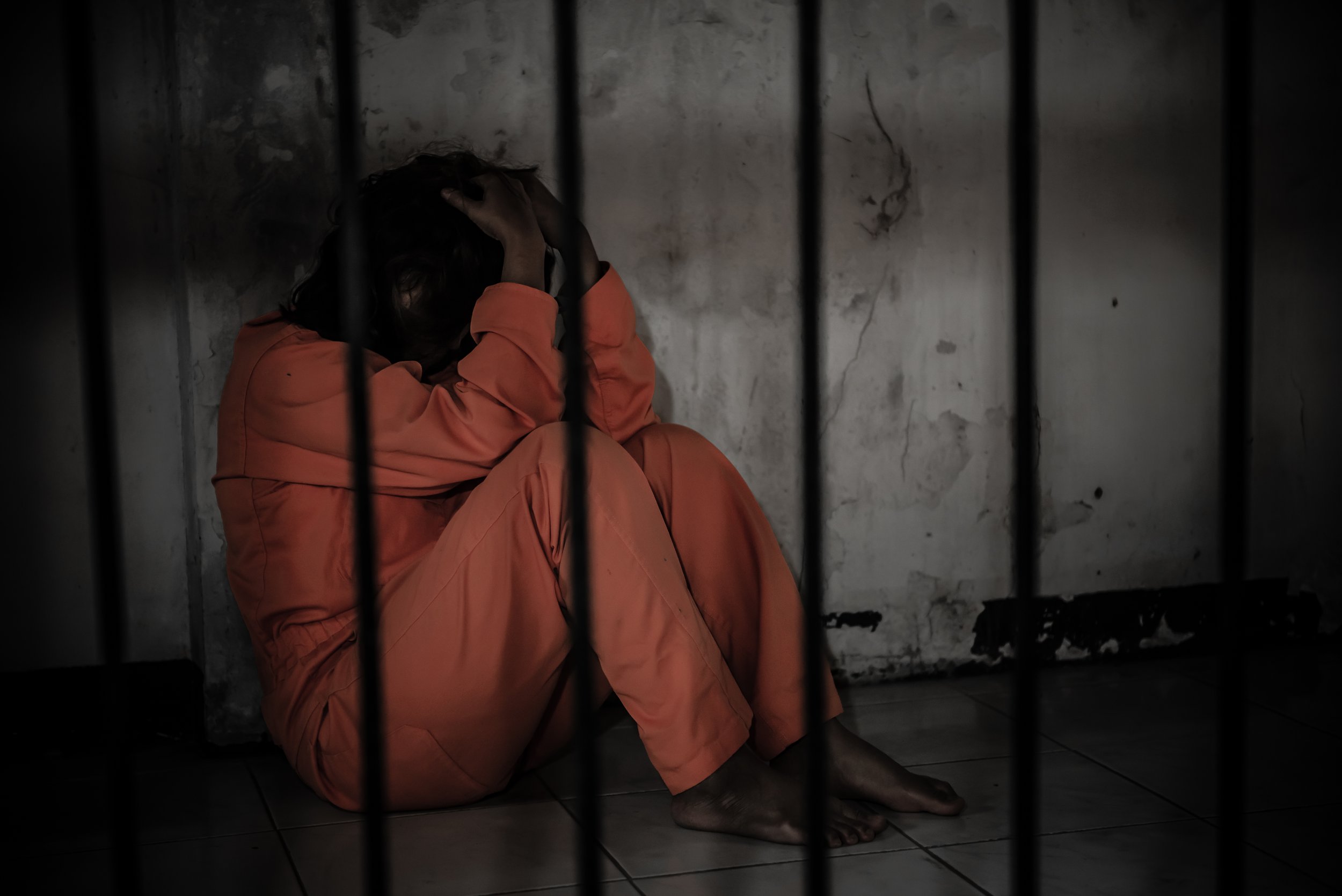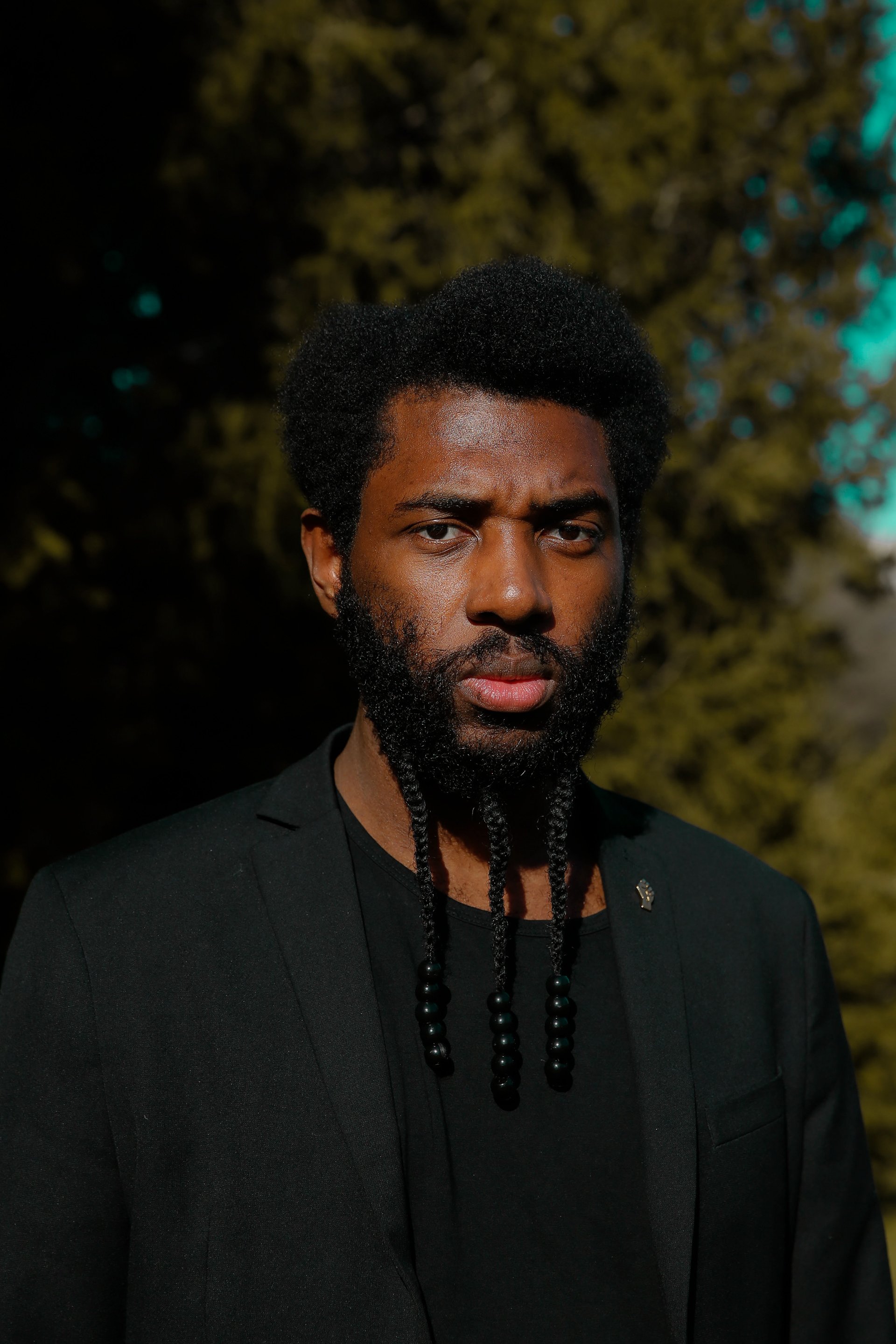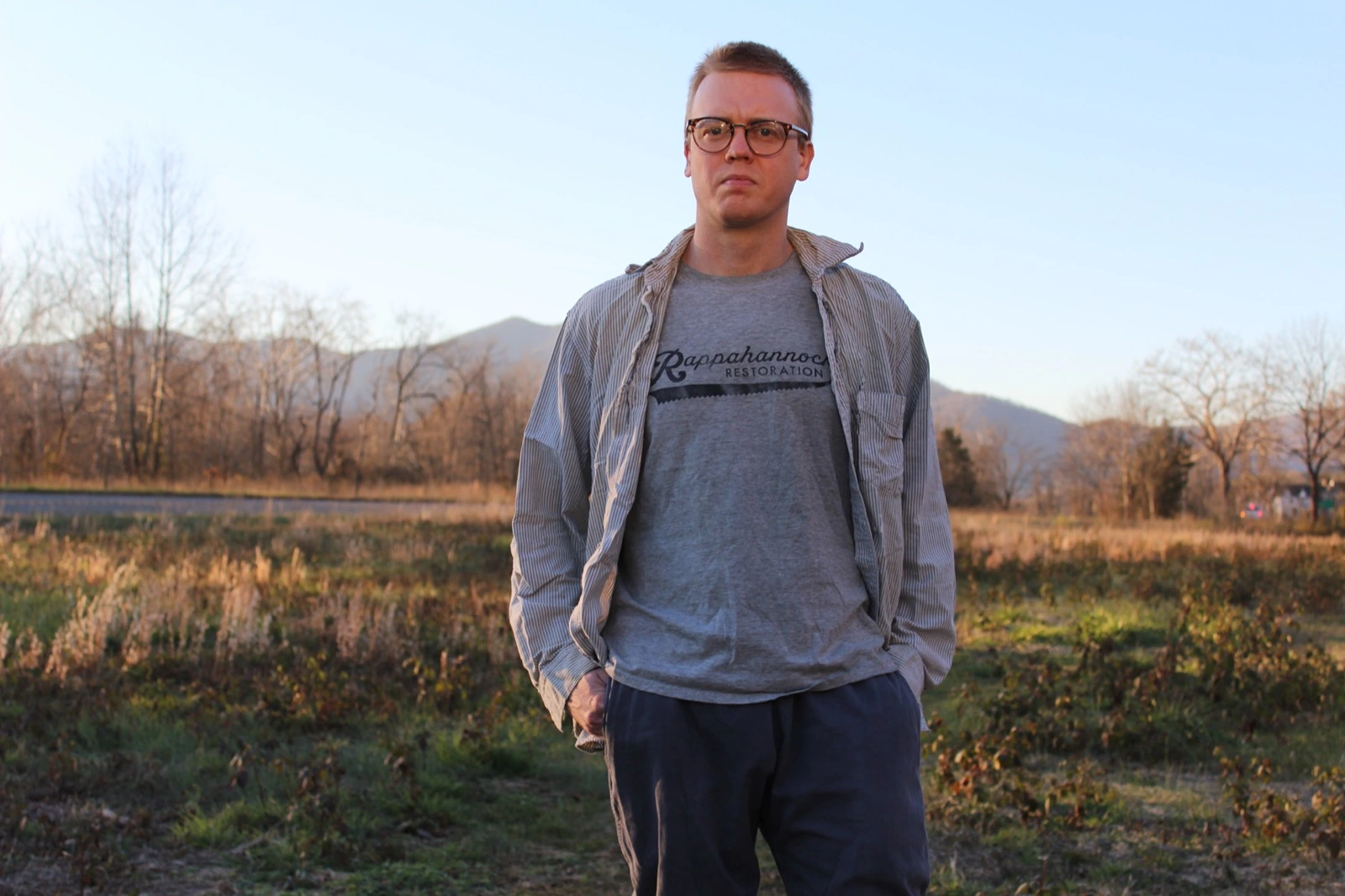‘I do believe that it’s warranted. I think it’s something that my father without directly using the word spoke to,’ said King. Less than a decade ago, the idea that reparations could be a real possibility would have felt inconceivable to many. Now, California, the largest economy in our nation, is seriously considering a reparations proposal. And cities and states across the country have begun the task of working out what reparations for Black Americans could look like for them.
Read MoreResearchers with the Vera Institute for Justice found the expansion in Kentucky’s criminal justice system has coincided with economic decline as coal and manufacturing jobs left the state. If Kentucky was a country, it would have the 7th highest incarceration rate in the world. That’s from a 2021 analysis by the Prison Policy Initiative, and a new report shows the rate is the result of criminal justice policy decisions made in the last three decades.
Read MoreExperiences like these are among the reasons behind a growing movement to stop assigning conventional A through F letter grades to first-year college students and, sometimes, upperclassmen. Called "un-grading," the idea is meant to ease the transition to higher education — especially for freshmen who are the first in their families to go to college or who weren't well prepared for college-level work in high school and need more time to master it.
Read MoreStarting in Reconstruction and continuing through the Jim Crow era, formerly enslaved black people moved to Louisville, Kentucky’s urban center neighborhoods like Russell and Smoketown. In many cases, their descendants lived there for generations — until recent years, when thousands of black residents started being displaced by foreclosures, evictions, and spiking housing costs. Developers have swooped in, selling the areas’ homes to mostly white, higher-income buyers.
Read MoreThe University of Louisville and Simmons College of Kentucky are embarking on a new project to answer that question and discover how changing a place can improve the health of its residents. A $500,000 grant from the Robert Wood Johnson Foundation will fund an 18-month study to identify the features all neighborhoods should have in order to promote the health of all residents.
Read MoreJecorey Arthur explains the importance of local vs national politics. And how local politics effect you immediately.
Read MoreThe Rev. Jesse Jackson plans to step down from leading the Chicago civil rights organization Rainbow PUSH Coalition he founded in 1971, his son’s congressional office said Friday.
Read MoreWritten just a month after the Great Sadness of the first quarantine orders due to COVID-19, facing the shock felt by the whole globe as well as personal crisis, I find myself struggling to define what actually brings me joy. And I’m at a stage of making peace with sadness as it comes and goes like any other emotion. I’m learning to observe sadness for the first time not as a negative emotion, but as a necessary dynamic to the human experience.
Read MoreBlack workers made up about 267,000 of the 300,000 new unemployment cases this spring, the report says. The current unemployment rate of the demographic sits at 6 percent, nearly twice the rate of White employment — which sits at 3.1 percent.
Read MoreAs a member of the ADOS Advocacy Foundation, you'll have the opportunity to participate in a variety of initiatives and activities, including advocacy campaigns, educational programs, and community outreach events. You'll also have access to valuable resources and tools that will help you become a more effective advocate for social justice and equality.
Read MoreLouisville is the city of Muhammad Ali—the greatest human example of using gifts for good. He used his boxing platform to call for change while I’ve used my music platform to call for change. All artists, but especially Louisville artists, have that hometown responsibility. This led me to run for city council, win, and become the youngest legislator in city history. So I’m not just here for my artistry but for my ancestry—continuing our fight for freedom, and music has been the main medium throughout my career.
Read MoreHarvard College and the University of North Carolina (UNC) are two of the oldest institutions of higher learning in the United States. Every year, tens of thousands of students apply to each school; many fewer are admitted. Both Harvard and UNC employ a highly selective admissions process to make their decisions. Admission to each school can depend on a student’s grades, recommendation letters, or extracurricular involvement. It can also depend on their race. The question presented is whether the admissions systems used by Harvard College and UNC are lawful under the Equal Protection Clause of the Fourteenth Amendment.
Read MoreThe first time most hip-hop fans heard Michael Render, better known as Killer Mike, was on “Snappin’ & Trappin’,” the sixth track of OutKast’s 2000 multiplatinum masterpiece Stankonia. Mike took the first verse of the song and ended it with the bold proclamation “One mothafuckin’ verse and already it’s a classic,” a line he believed so fervently that he said it twice. It wasn’t totally true—20 years later his delivery and flow still sound a bit callow, and an array of late-’90s influences are prominently on his sleeve: Biggie-style mafioso storytelling, horrorcore shock-rap, and, of course, a healthy dose of the darkly intoxicating, capacious Dirty South school of music that would soon be known to the larger world as trap.
Read More"At the ADOS Advocacy Foundation, we view local reparations programs as an oxymoron because it is unlikely that any of these programs can achieve the goal of compensating American descendants of chattel slavery," she said. "States have enormous budgetary constraints when confronting cash payments, the most materially significant component for repairing past harms anchored in the institution of American slavery."
Read Morehere are two tragedies in The People v. the Klan, CNN’s four-part docuseries premiering on Sunday, April 11. The first is the brutal lynching of 19-year-old Black teen Michael Donald on March 21, 1981, which shattered his family in Mobile, Alabama, and went unsolved for more than 18 months, until it was finally determined that the Ku Klux Klan had been behind it. The second is the fact that this crime didn’t occur in a vacuum but, rather, was part of a long legacy of racial terror—especially in the American south—which continues today in metastasized form, as evidenced by the recent killings of, among others, Trayvon Martin, Eric Garner, Breonna Taylor, and George Floyd.
Read MoreAmerican civil rights activist, Martin Luther King Jr. (1929 - 1968, centre) heading towards Jackson, Mississippi on the March Against Fear, 9th June 1966. The marchers set out after the original, solo marcher, James Meredith was shot and wounded by a white gunman. (Photo by Archive Photos/Getty Images)
Read MoreI am running for truth and justice as a presidential candidate for the People’s Party to reintroduce America to the best of itself - fighting to end poverty, mass incarceration, ending wars and ecological collapse, guaranteeing housing, health care, education and living wages for all!
Read MoreThe federal government responded to this free fall with bold and immediate relief. It expanded the time window in which laid-off workers could collect unemployment and, in a rare recognition of the inadequacy of the benefit, added supplementary payments. For four months, unemployed Americans received $600 a week on top of their regular stipend, nearly tripling the average amount of the benefit. (In August 2020 the government reduced the bonuses to $300 a week.)
Read MoreBachman lives in central Virginia, which has recently experienced multiple extreme weather events influenced by climate change. Unusually heavy snow in January 2022 caused power outages and trapped drivers in their cars on highways. Later in the year, intense rainfall led to downed power lines and flooding. And wildfires are becoming increasingly common in the Appalachian region.
Read MoreOne hundred days into 2023, there have been 15 mass killings — shootings in which four or more people were killed, not including the shooter — in the U.S., according to a USA TODAY/Associated Press/Northeastern University database tracking the killings.
Read More



















